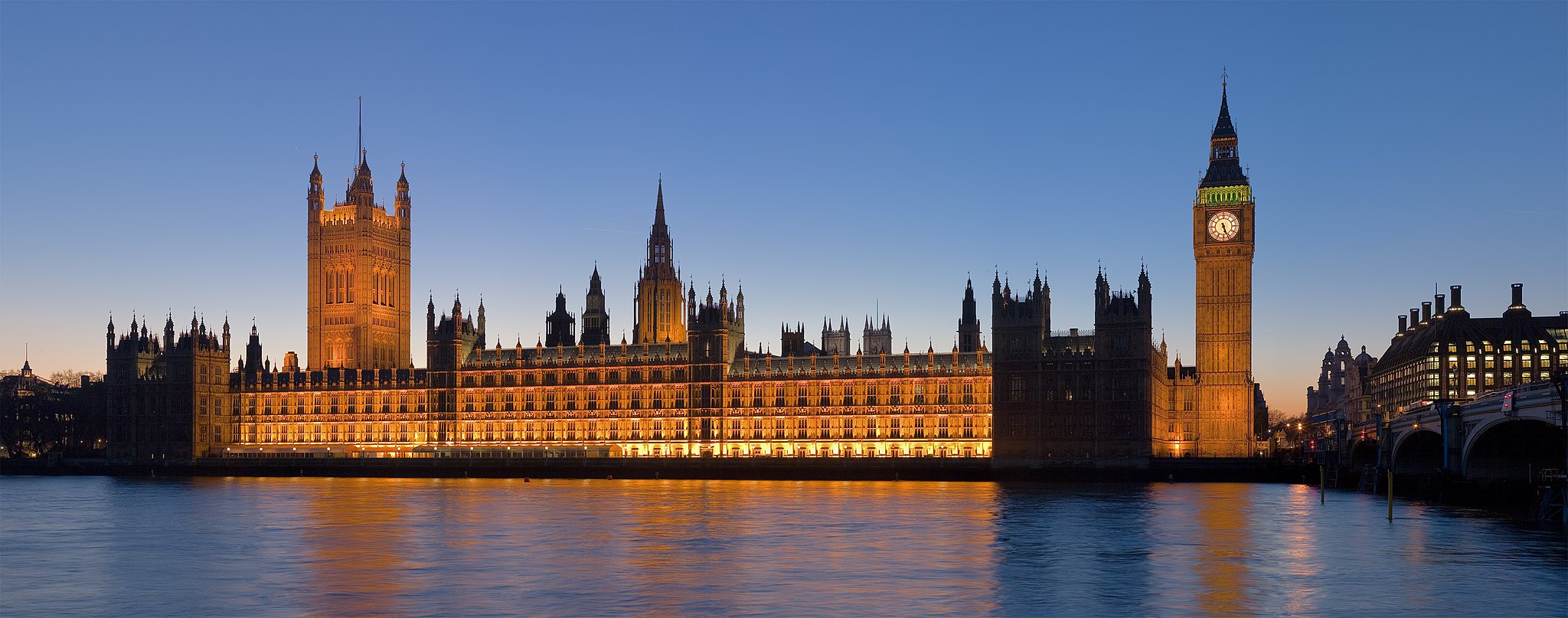Every child in the UK must be given the opportunity to learn how to measure how much energy it takes to heat up a kilogram block of aluminium by 1 degree. They must be given the opportunity to learn how to calculate the hypotenuse of a right-angled triangle and to read at least 15 poems by at least 5 different authors. But schools are under no obligation to explain what happens in a courthouse, what a trade agreement is, why there is war in Syria, how the European parliament operates or how a law is formed in the UK.

It takes time to change what we teach in schools. It was the Greeks who started teaching trigonometry and we haven’t given it up since. The Victorians made a substantial change from the Middle Ages, highlighting the importance of the natural sciences. The social sciences were coming into their modern forms at this time but struggled–and still do–to gain acceptance as proper, ‘hard’ subjects. Thus the Victorians handed down the idea of learning the cluster of maths, English, French, geography, history and science. This is what we call today, ‘the English Baccalaureate’, mistakenly thinking it sets a child up well for today’s world. Perhaps very different choices would serve many of us better; how about statistics, computer science, modern European history, material science, English, Chinese and genetics?
Continue reading “The harm of not teaching politics, law, economics and international relations to every child”